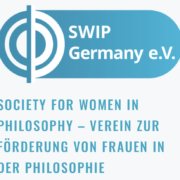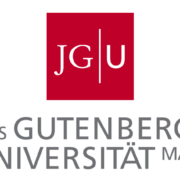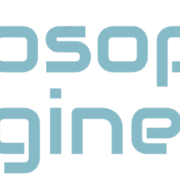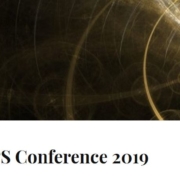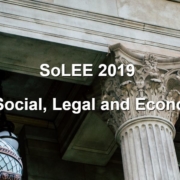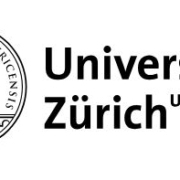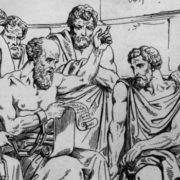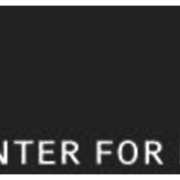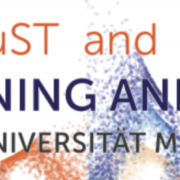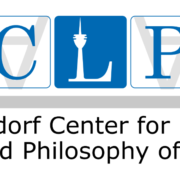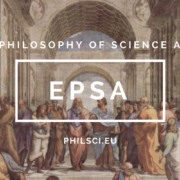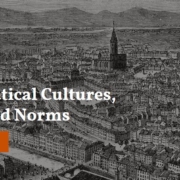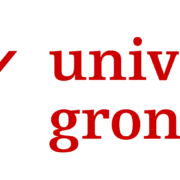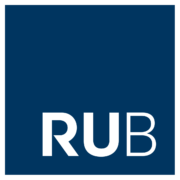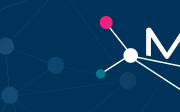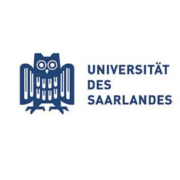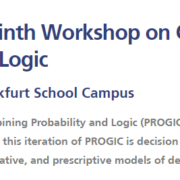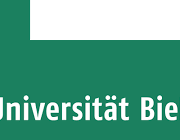Submitted by Markus Seidel (WWU Muenster).
Call for Abstracts / Registration
Das Zentrum für Wissenschaftstheorie (ZfW) der WWU Münster veranstaltet am
Donnerstag, den 11. Juli, 13:00 – 19:30 und
Freitag, den 12. Juli 2019, 9:00 bis 19:00
einen Workshop zum Thema
(Scientific) Observation and Background Effects
Conceptualization, Epistemic Issues, & Mechanisms.
Ort: Raum DPL 23.315, Philosophisches Seminar der WWU, Domplatz 23.
Welche Effekte können Hintergrundüberzeugungen auf wissenschaftliche Beobachtung haben? Diese in der Wissenschaftstheorie seit längerem gestellten Frage nach der Theoriebeladenheit hat in jüngerer Zeit durch einen eng verwandten Fragenkomplex in der Erkenntnistheorie, in der Philosophie des Geistes, aber auch in der Sozialphilosophie (implicit bias) und in den Neuro- und Kognitionswissenschaften (predictive coding) eine bedeutende Erweiterung erfahren. Im Fokus stehen zum einen Effekte, die nicht nur von Hintergrundannahmen, sondern von kognitiven Zuständen ganz allgemein ausgehen können (etwa von Wünschen, Hoffnungen, Befürchtungen, Vorurteilen oder Stimmungen). Zum anderen geht es um Effekte, die, von solchen Zuständen ausgehend, nicht nur die wissenschaftliche Erfahrung, sondern Erfahrung ganz allgemein beeinflussen (cognitive penetration). Zu denken ist etwa an die von Sally Haslanger vertretene These „Ideology manages experience.“ Fragen des Workshops sind:
- Welche Arten von Einflüssen können Hintergrundzustände des Subjekts auf (wissenschaftliche und nicht-wissenschaftliche) Beobachtung haben, welche metaphysischen Erfahrungskonzeptionen haben Raum für und welche Mechanismen realisieren das Auftreten solcher Einflüsse?
- Welche epistemischen Konsequenzen ergeben sich im Lichte der jeweiligen Arten von Einflüssen und im Lichte verschiedener Erfahrungs- bzw Beobachtungskonzeptionen? Muss man vielleicht der Erfahrung selbst einen rationalen Status zuweisen?
Im Ablauf des Workshops sind zwei Abschnitte reserviert, die NachwuchswissenschaftlerInnen die Gelegenheit geben sollen, ihre Thesen zum Thema des Workshops vorzustellen. Geplant sind Vorträge von je ca. 40 Minuten Länge mit anschließender Diskussion von 30 Minuten. Interessierte sind hiermit herzlich eingeladen, bis zum 18.6.2019 einen Vorschlag mit Abstract an logic.language@wwu.de zu schicken. Die Organisatoren entscheiden dann zeitnah über die Annahme. Anreise nach und Unterkunft in Münster können anteilig übernommen werden.
Die Sprache des Workshops ist Englisch. Die Teilnahme am Workshop ist kostenlos, allerdings sind die Plätze begrenzt. Gebeten wird daher um eine Anmeldung per E-Mail an logic.language@wwu.de bis zum 18.6.2019.
Organisatoren:
Ass. Prof. Dr. Raja Rosenhagen, Ashoka University, Sonipat/India
Univ.-Prof. Dr. Niko Strobach, Philosophisches Seminar der WWU


